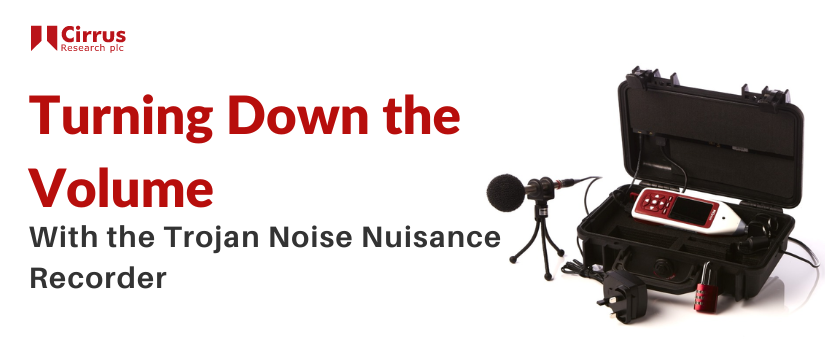A raft of new global studies are all pointing to how noise pollution can seriously affect your health, and you don’t need to be living directly under a flight path to be affected.
Separate studies carried out over recent years claim to have found links that noise pollution can affect everything from your waist size to the weight of unborn babies and even the recovery rate of ICU patients.
Strict occupational health legislation in the UK helps protect employees working in noisy environments, but the latest studies have been concentrating on how environmental noise is affecting the local population.
In a four-year project published recently researchers from Karolinska University in Sweden, they found that the louder the traffic noise to which people in different parts of Stockholm were exposed, the greater the increase in their waist size – nearly a 1cm increase for every 10dB rise in the noise levels.
Last month the same scientists published an even more dramatic effect from plane noise after tracking more than 5,000 people for ten years. They reported that the waistlines of those most exposed to plane noise increased on average by 6cm.
A similar study last year by the Imperial College London found that being exposed to higher levels of aircraft noise around Heathrow raised the risk of admission to hospital for heart disease by 20 per cent.
Increasing evidence is now emerging that shows this damage isn’t just to our ears, but to our blood vessels and hearts as well. Nor is this just a problem for people who live near busy roads or under flight paths. New research suggests noise pollution also causes harm in places such as hospitals and can even affect the weight of unborn babies.
Researchers from Utrecht University in the Netherlands examined data from more than 68,000 births and found that for every six-decibel increase in traffic noise there was a drop of 15g to 23g in birth weight.
Of course, the most common response to noise exposure is annoyance. But while this may be limited to making you feel stressed or exhausted, a major review published in the Lancet last year showed it can also disturb sleep and increase the risk of hypertension and cardiovascular disease.
“We are gathering more and more evidence that noise in the environment can have a direct effect on health,” says Professor Adrian Davis, one of the authors of the Lancet review and director of population health science for Public Health England.
“What is unsettling is that noise pollution can affect you without you even consciously hearing it.”
At night, heavy traffic is a major cause of insomnia, with all the knock-on effects of missing out on the restorative phase of sleep, such as depression, weight gain, raised blood sugar levels as well as daytime sleepiness. The result can be an increased risk of type 2 diabetes and heart disease.
Researchers also believe the effect of noise on our health is historic and dates back to our Stone Age ancestors. Back then, being alert to new sounds around you could mean the difference between life and death. When a new noise is noticeable, our bodies produce stress hormones, such as adrenaline and cortisol as part of the fight or flee response. These hormones raise energy and make blood more ready to clot.
That’s great for a short-term emergency but long term it’s one of the factors pushing up heart attack risk and could explain the link between noise pollution and heart disease. Cortisol as a hormone is more likely to help you pile on the pounds around the middle.
The effect of noise stress isn’t just limited to making us physically ill, it can also make it harder to concentrate, especially for children. The background noise in the classroom shouldn’t be more than 35 dB, but that can be doubled by cars passing by or planes overhead.
Research shows heavy traffic or being under a flight path is linked with learning more slowly. The children pay less attention or become more annoyed.
Around 20 per cent of people in the EU have to put up with traffic noise greater than 65 decibels in the day, while nearly a third have noise measurements greater than 55 decibels outside their houses at night – the level that can trigger problems, says the World Health Organisation. A level of 45 decibels and below is considered ideal.
Cirrus Research is a leader in noise measurement instruments and since 1970 has been providing innovative sound level meters, noise dosimeters and environmental noise monitors for both occupational and environmental noise applications.
For more information please call us on 01723 891655 or use our contact form.



